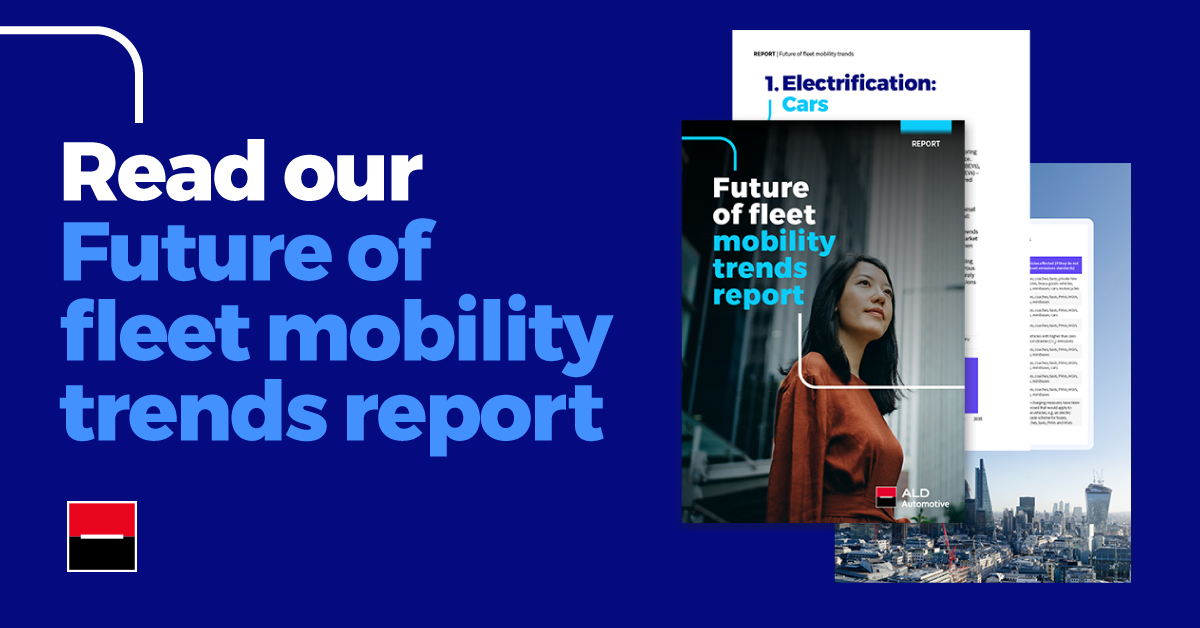
Experts in vehicle leasing

Business services resource hub

Olivia Withington
Demand Generation Marketing Executive
e. olivia.withington@aldautomotive.com
m. 07514 731 289
A guide to electrification for fleet professionals in the business services sector
Thank you for visiting my page. I'm Olivia from ALD Automotive and I've created this hub to share with you our resources that address the various aspects of fleet electrification. You may find it personally useful, or it might be better suited to your team or senior leadership, all of whom may need to build a better understanding of fleet electrification and the opportunities and challenges it presents.
This page provides an overview of key areas, including legislation, clean air zones, ESG reporting, charging, tax incentives and grants - while also highlighting where you can find more information on each topic.
I hope you find this page insightful. If you would like to find out more about any of the topics discussed, or anything else, please get in touch.
Legislation
The most significant legislation driving vehicle electrification in the UK is the pledge to end sales of new petrol and diesel cars and vans by 2030. Hybrid vehicles are set to follow in 2035. These deadlines were fixed by Boris Johnson in 2020 as part of the government’s plan for a Green Industrial Revolution to tackle climate change.

In 2030, the sale of new all-petrol and diesel cars and vans will come to an end. Five years later, in 2035, all remaining hybrids will follow.
In 2021, the UN dedicated a day to discussing transport at their Climate Change Conference, COP26. One of the outcomes of this day was the decision to make all sales of new cars and vans zero-emission by 2040 globally, and no later than 2035 in leading markets. While this declaration was not legally binding, it represents a big step towards phasing out fossil-fuelled vehicles.
Energy Savings Opportunity Scheme (ESOS)
Other legislative developments that are driving decarbonisation include the Energy Savings Opportunity Scheme (ESOS) which places a legal requirement on certain large businesses in the UK to audit their energy use and identify areas for efficiency gains at least once every four years. The ESOS audits can cover the energy used by a company’s transport (as well as their buildings and industrial processes) – so, for many businesses, the process will end up identifying EVs as a means of more efficient energy use.
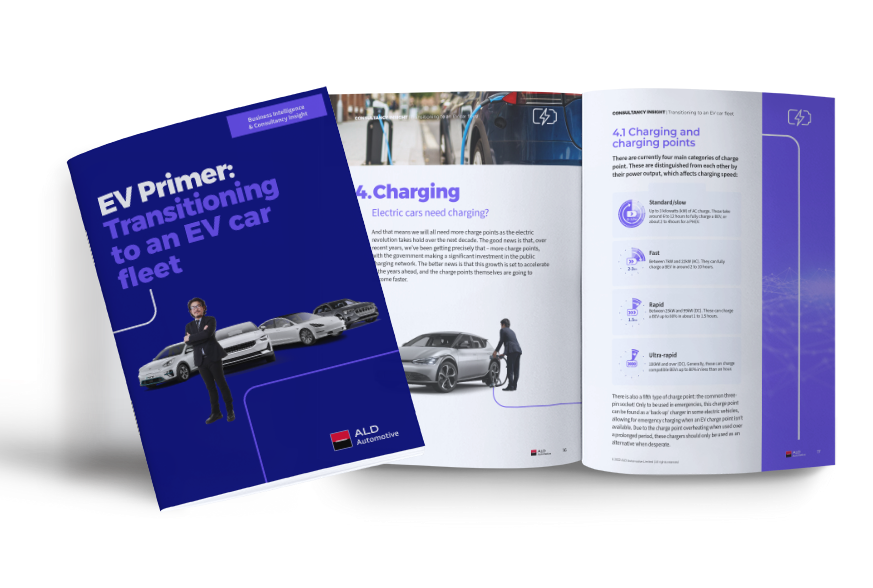
You can read more about the legislation driving electrification on our EV Revolution site and in our EV Primer.
Clean Air Zones
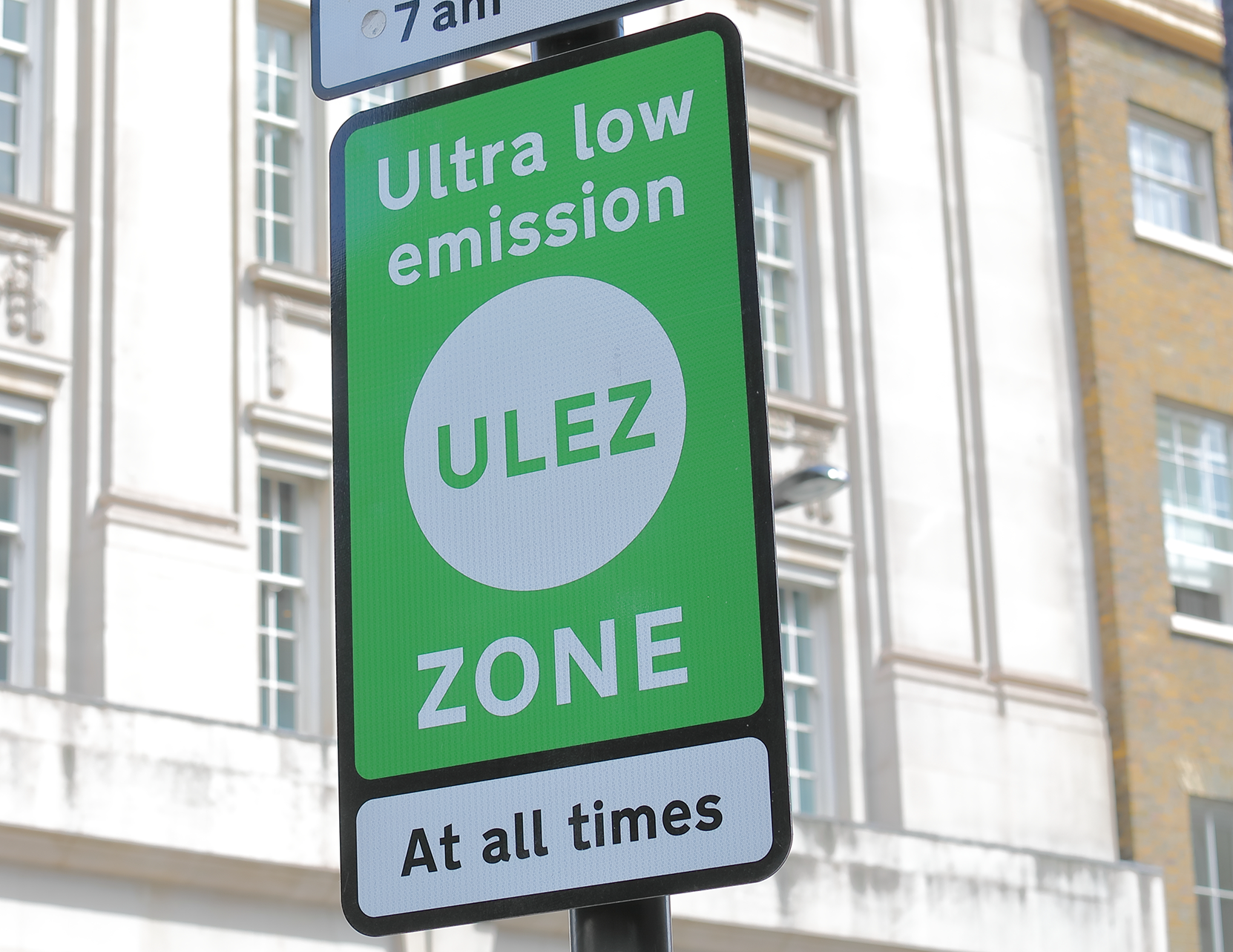
Clean Air Zones are likely to increase in size and number as more councils seek to reduce air pollution.
Clean Air Zones are areas that have targeted measures in place to reduce the number of high-emitting vehicles on the road, or to eliminate them entirely, as a means of improving air quality in cities. Most do this by imposing charges on vehicles that do not meet minimum emissions standards, others rely on improved road layouts and cycling schemes.
If your fleet has older, high-emitting vehicles that regularly enter Clean Air Zones, switching to electric or hybrid vehicles can save your business a substantial amount of money. More fleets will need to consider this going forward as CAZs are likely to increase in size and number as more councils seek to reduce air pollution.
Read more about Clean Air Zones in our Future of Fleet Mobility Trends Report or our dedicated EV revolution page.
ESG Reporting
ESG (Environmental, Social and Governance) reporting looks at a business’s collective conscientiousness for social and environmental factors. ESG data is becoming increasingly important as more regulators, investors, lenders and even customers are beginning to request this information. For instance, the Financial Conduct Authority will soon have Sustainability Disclosure Requirements (SDRs) in place for all FCA regulated firms to prevent cases of greenwashing. SDRs will gradually begin to extend beyond the financial services sector over the coming years.
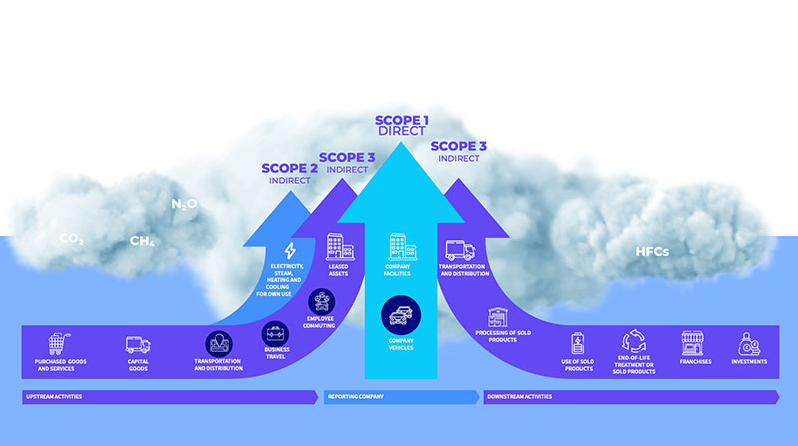
For businesses with a sizeable fleet, the environmental portion of ESG will be of particular concern. When producing data around their emissions, businesses will need to take into consideration not just the emissions they cause directly, but also those that they cause indirectly, as well as the emissions created across the entire value chain.
Companies that provide services to other businesses need to prepare for the fact that businesses will begin to look for suppliers that can demonstrate that they have low emissions. Essentially, the lower your emissions, the more competitive you are.
Transitioning to EVs offers a highly impactful, yet relatively straightforward solution to reducing your emissions.
Charging
Public charging infrastructure in the UK has improved significantly in recent years. There are just over 45,000 charge points across the country and over 8,000 of those are either rapid or ultra-rapid (Zap Map, 31 July 2023). Furthermore, the UK public charging network is only going to continue growing as we move towards the 2030 deadline, with the charge points themselves set to become faster.
However, the distribution of public charge points is not even, with 53% of them situated in Greater London and the Southern regions. Fortunately, this is likely to improve thanks to schemes such as the Local Electric Vehicle Infrastructure (LEVI) scheme which will fund the installation of charge points in areas where there has previously been a lack of facilities.
It is important to understand how developed the public charging network is in areas where your business operates, but it is equally important to consider home and workplace charging. What kind of power output do your chargers need to have? Do your employees have access to off-street parking? How will you consolidate home and public charging costs to reimburse your employees?
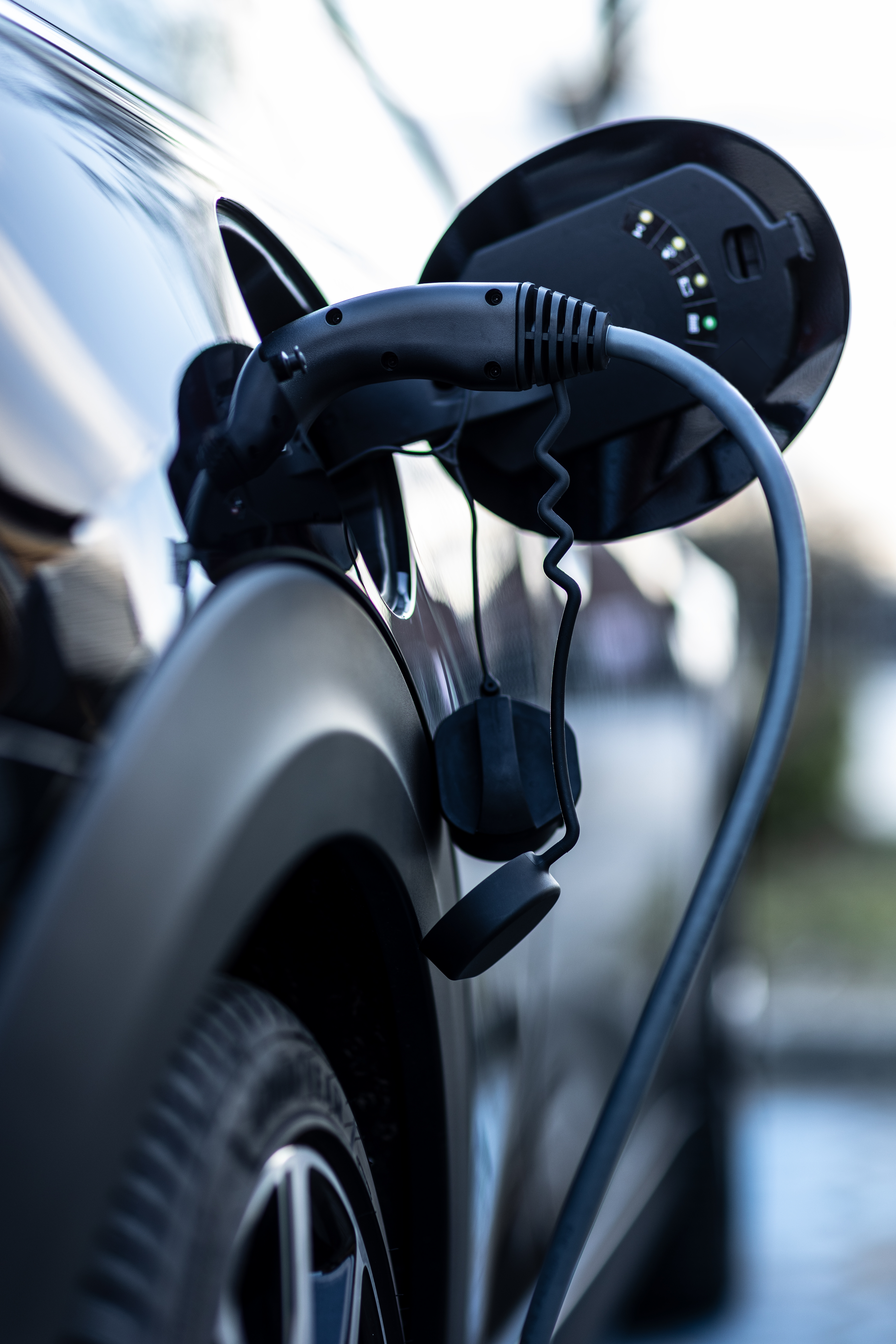
Tax Incentives and Grants

- Company Car Tax (CCT) rates are much lower for low-emission vehicles
- Electric vehicles are exempt from Vehicle Excise Duty (VED) until 2025
- There are grants available for the installation of charge points, such as the EV Chargepoint Grant and the Workplace Charging Scheme (WCS).
Tax Incentives
As well as the other benefits mentioned on this page, EV drivers also enjoy lower tax rates and even tax exemptions. For instance, company car tax (CCT) rates are much lower for low-emission vehicles. For fully zero-emission cars, drivers can expect to pay a 2% rate until 2025, whereas drivers of higher-emitting vehicles pay up to 37%. Similarly, electric vehicle owners are currently exempt from paying the standard Vehicle Excise Duty (VED) rate, which is £165 a year. They are also exempt from paying the additional rate that usually applies to cars worth more than £40,000.
Grants
Grants for the vehicles themselves are unfortunately diminishing. However, there are still grants available for charging, such as the EV Chargepoint Grant which provides funding of up to 75% towards the cost of installing a charge point at domestic properties across the UK; it is available to landlords, flat owner-occupiers or people living in rented accommodation. Or, the Workplace Charging Scheme (WCS), which offers vouchers worth £350 for each of the first 40 charge points installed by an employer.
Resources
If you would like to find out more about any of the topics discussed on this page, you will find more information in the resources below.
Useful Links
Mobility
- Future mobility: Urban strategy, UK Government: Mobility: Future of mobility: urban strategy (publishing.service.gov.uk)
- Mobility as a service – acceptability research: Mobility as a Service (MaaS) acceptability research - a report by IpsosMORI for the Department for Transport (publishing.service.gov.uk)
- The rise of mobility as a service, Deloitte: www2.deloitte.com/content/dam/Deloitte/nl/Documents/consumer-business/deloitte-nl-cb-ths-rise-of-mobility-as-a-service.pdf
Clean Air Zones (CAZs)
- UK Government: Clean air zones - GOV.UK (www.gov.uk)
- Clean air zone framework, UK Government: Clean air zone framework - GOV.UK (www.gov.uk)
- Zero emission zone, Oxford City Council: Zero Emission Zone (ZEZ) | Oxford City Council
Build your EV Knowledge
Want to learn more about how ALD Automotive can help? Then please get in touch
For more information, please contact me and I will be in touch to discuss your fleet needs and answer any questions you may have.
Mobility is changing. Autonomous vehicles and connected travel might seem a little way off, but the future is just around the corner. And, with technology making the world smaller, we’re committed to helping you explore it. From corporate fleets to individual ownership and shared usage we’re helping 1.7 million people worldwide embrace a new way to travel. We’re here to make your journey as exciting as your destination. ALD Automotive. Creating the future of mobility. ALD Automotive Limited is authorised and regulated by the Financial Conduct Authority, register no. 308101.
ALD Automotive is the leader in vehicle leasing operations in Europe and manages over 1.7 million vehicles across 43 countries worldwide. Through our vast international network, ALD Automotive provides customers with total fleet management flexibility - from pure financing of cars to comprehensive outsourcing operations. Placing customer satisfaction at the core of its strategy, ALD Automotive provides fleet managers and drivers with innovative tools and services to make their everyday business easier and meet new challenges to come.





